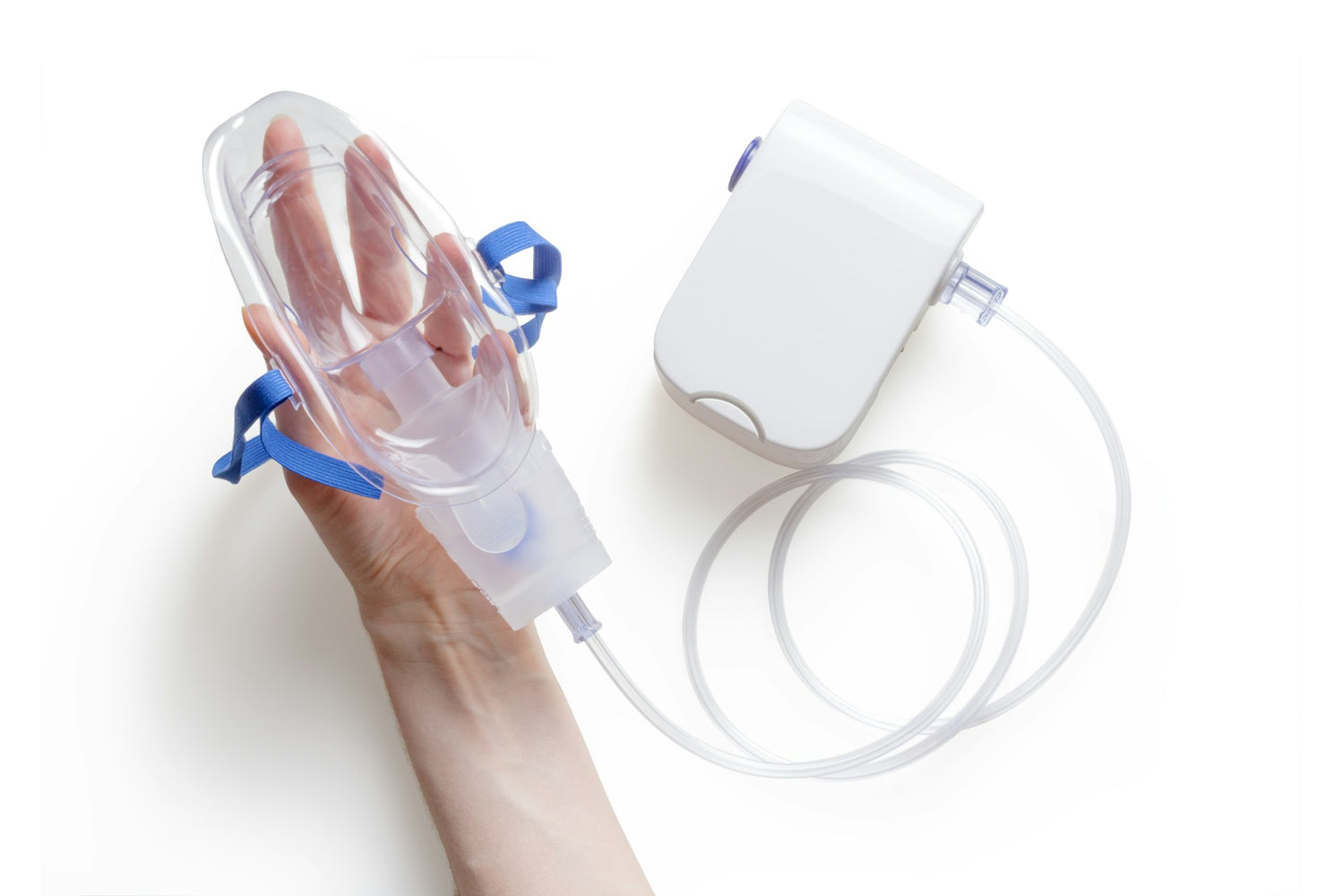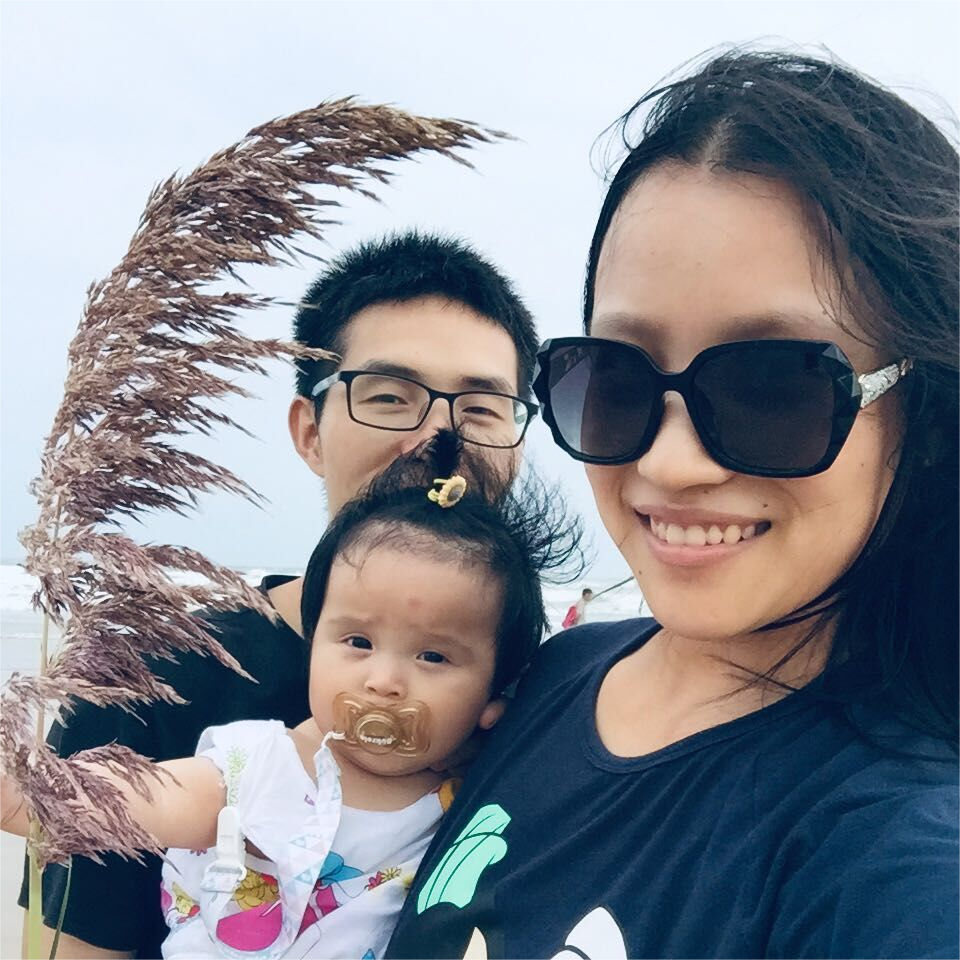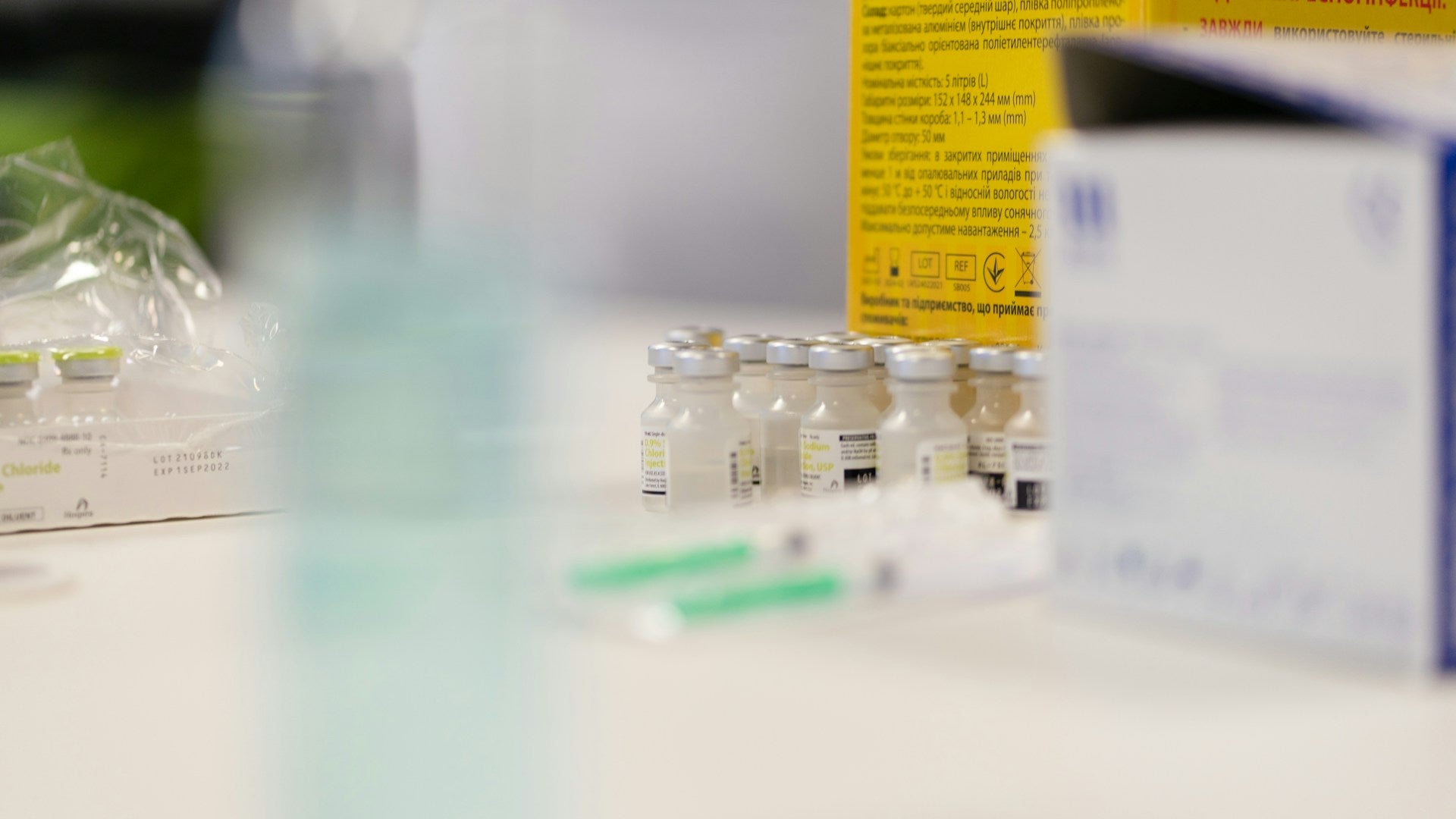Chronic Obstructive Pulmonary Disease, or COPD, is a lung condition that makes breathing difficult for millions, posing a significant public health challenge. Living with COPD isn't easy; it comes with hurdles that affect daily life. That's why we've put together this checklist-it's a practical guide to help those with COPD handle their symptoms and enhance their life quality. While everyone's journey is unique, it's crucial to work closely with healthcare professionals to tailor these tips to fit your personal health needs.
The Dos of Living with COPD
Adherence to Medications
- Taking prescribed medications regularly: Think of your medications like a trusty sidekick, there to help you battle the symptoms every day. It's important to take them exactly as your doctor tells you, even on the days you're feeling like a superhero.
- Using inhalers correctly: Inhalers are like tiny fire extinguishers for your lungs, putting out the flames of irritation and opening up the airways. Make sure you know the right way to use them-deep breath in, slow release out.

Pulmonary Rehabilitation
- Engaging in recommended exercises: Just like a car needs to rev up its engine, your lungs need exercise to stay strong. Follow the workout plan given to you at pulmonary rehab to keep your lungs revved up and ready.
- Attending scheduled sessions: Show up to your rehab sessions like you're clocking into a job that pays in breaths. Each session is an investment in easier breathing.
Lifestyle Modifications
- Quitting Smoking and avoiding secondhand smoke: Drop cigarettes like a hot potato-they're no friends to your lungs. Steer clear of other people's smoke too; it's just as sneaky and harmful.
- Following a healthy diet: Food is your fuel. Choose nutritious meals that are easy on the lungs, meaning they don't cause bloating, which can make it harder to breathe.
- Maintaining optimal hydration: Drinking water is like giving your insides a good shower. Staying hydrated helps keep that stubborn mucus thinner, making it easier to clear your airways.

Oxygen Therapy Compliance (if prescribed)
- Proper use of oxygen tanks or oxygen concentrators: If oxygen is part of your lung team, use it as directed. It's like having a personal supply of mountain-fresh air whenever you need it.
- Precautions while using supplemental oxygen: Oxygen is no joke-it's a friend that demands respect. Keep it away from flames or heat sources to avoid any unwanted fireworks.
Regular Health Check-Ups
- Importance of consistent monitoring: Keep regular dates with your doctor to check in on your lung health. These check-ins are crucial for staying ahead of the game.
- Vaccinations and preventive measures: Roll up your sleeve for vaccines-they're your armor against infections that can knock the wind out of you.
Breathing Techniques and Airway Clearance
- Pursed-lip breathing: This is like blowing on a spoonful of hot soup to cool it down. Breathe in slowly through your nose, then breathe out gently through pursed lips to help empty your lungs.
- Controlled coughing: Think of this as a mini cleanup crew for your lungs. A controlled cough can help shift the muck out of your airways.
- Use of airway clearance devices: These gadgets can help to keep your lung passages as clear as a bright blue sky.
The Don'ts of Living with COPD
When you have Chronic Obstructive Pulmonary Disease, there are certain things that can make your condition worse or make you feel more uncomfortable. It's just as important to understand what not to do as it is to know what you should do. Here's a helpful list of don'ts:
Neglecting Symptoms
- Watch for Trouble Signs: If your cough gets worse or you find it harder to breathe, these could be signs that your COPD is flaring up. Don't ignore them.
- Don't Wait to Get Help: When you notice new problems with your breathing or any other symptoms, get in touch with your doctor right away. Waiting might make things worse.
Inappropriate Physical Activity
- Don't Push Too Hard: Exercise is good, but too much can exhaust you and make your COPD worse. Find a balance that works for you.
- Don't Skip Exercise Entirely: While overdoing it is bad, not exercising at all isn't good either. Try to do gentle activities that keep you moving without wearing you out. Click to read more about exercise.
Poor Diet Choices
- Avoid Gassy and Bloating Foods: Some foods can fill your belly with gas and make it hard to breathe. Foods like beans, soft drinks, and fried items are common culprits.
- Don't Eat Big Meals: Large meals can press on your diaphragm and make it harder for your lungs to work. Instead, eat smaller meals throughout the day.
Mental Health Neglect
- Be Aware of Your Mental Health: Feeling sad, hopeless, or extremely anxious can affect your COPD. These feelings may signal depression or anxiety.
- Get Support When You Need It: If you're struggling with your mental health, it's important to talk to someone about it. Whether it's a friend, family member, or professional counselor, getting support can make a big difference.

By avoiding these "don'ts," you can help manage your COPD better and live a more comfortable life. Remember, taking care of your overall health is key when living with COPD.
Everyday Tips for Better Living with COPD
Living with COPD doesn't mean you can't enjoy life. It just means taking some extra steps to make your days go smoothly. Here are some everyday tips that can help you live better with COPD:
Keeping the Air at Home Clean
- Use Air Purifiers: These devices clean the air in your home, taking out dust and other tiny things that could bother your lungs.
- Clean Regularly: Dust and pet dander can make breathing harder. Regular cleaning helps keep these irritants away from your lungs.
Energy Conservation Techniques
- Plan Your Activities: Spread out your tasks throughout the day so you don't get too tired. Take breaks between activities to rest.
- Use Tools That Help: There are plenty of devices designed to make life easier, like grabbers to pick things up or carts to carry items around the house. They can save your energy when you really need it.
Travel Considerations
- Plan Ahead: Before going on a trip, make sure you have all your medicines packed. Also, know where you can get medical care if needed on your journey. Click to know more about Tips for Car Travel With a Portable Oxygen Concentrator.
- Sort Out Oxygen Needs: If you use oxygen, talk to your airline ahead of time to arrange what you need for your flight. Some airlines have specific requirements for bringing oxygen onboard.
Emergency Preparedness
- Have a Flare-Up Plan: Know what to do if your COPD suddenly gets worse. This might include taking certain medicines or using a special breathing technique.
- Urgent Care Knowledge: Make sure you and your loved ones know when it's time to get immediate medical help and where to go, whether it's calling emergency services or going to the hospital.
Taking Action for Better Living with COPD
Living with Chronic Obstructive Pulmonary Disease (COPD) can be challenging, but incorporating a comprehensive checklist of dos and don'ts into your daily routine can make a significant difference. Keeping your environment smoke-free, managing your energy wisely, having a plan for travel, and being ready for emergencies are all key strategies that empower you to lead a fuller life despite COPD. Remember, every step you take-from using an air purifier to planning your activities-helps maintain your health and independence. Consult with your healthcare provider to personalize these tips and ensure you're on the best path for managing your condition. With the right approach, you can have more control over your COPD and enhance your overall well-being.





Laisser un commentaire
Ce site est protégé par hCaptcha, et la Politique de confidentialité et les Conditions de service de hCaptcha s’appliquent.